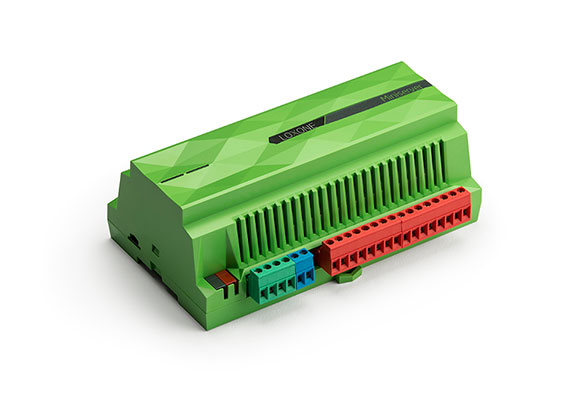


Izquierdo I, Netto CA (1985) Role of brain β-endorphin system and hormonal mechanisms in the regulation of retrieval at 0.3, 6 or 24 hr from training. Izquierdo I, Graudenz M (1980) Memory facilitation by naloxone is due to release of dopaminergic and beta-adrenergic systems from tonic inhibition. Izquierdo I, Dias RD (1985) Influence on memory of posttraining or pre-test injections of ACTH, vasopressin, epinephrine, and β-endorphin, and their interaction with naloxone. Izquierdo I, Dias RD (1983) Effect of ACTH, epinephrine, β-endorphin, naloxone, and of the combination of naloxone or β-endorphin with ACTH or epinephrine on memory consolidation. Izquierdo I, Dias RD (1981) Retrograde amnesia caused by met, leu and des-tyr-met-enkephalin in the rat and its reversal by naloxone. Introini IB (1984) PhD Thesis, University of Buenos Aires Gold PE, Murphy JM, Cooley S (1982) Neuroendocrine modulation of memory during development. Gold PE, van Buskirk R (1975) Facilitation of time-dependent memory processes with post-trial epinephrine injections. Gallagher M, Kapp BS (1978) Opiate administration into the amygdala: Effects on memory processes. Gallagher M (1984) In: Lynch G, McGaugh JL, Weinberger N (eds) Neurobiology of learning and Memory. Behav Neural Biol 39:241–258ĭel Cerro S, Borrell J (1985) Naloxone influences retention behavior depending on the degree of novelty inherent to the training situation. Life Sci 29:2249–2256īorrell J, de Kloet ER, Versteeg DHG, Bohus B (1983) Inhibitory avoidance deficit following short-term adrenalectomy in the rat: The role of adrenal catecholamines. Academic Press, New York, pp 291–303īerkenbosh F, Vermes I, Binnekade R, Tilders FJH (1981) Beta-adrenergic stimulation induces and increase of the plasma levels of immunoreactive α-MSH, β-endorphin, ACTH and corticosterone. In: Martinez JL, Jenssen RA, Messing RB, Rigter H, McGaugh JL (eds) Endogenous peptides and learning and memory processes. Behav Neural Biol 39:277–283īelluzzi JD, Stein L (1981) Facilitation of long-term memory by brain endorphins. Psychoneur Sci 26:125–128ĭe Almeida MAMR, Kapczinski FP, Izquierdo I (1983) Memory modulation by post-training intraperitoneal, but not intracere-broventricular administration of ACTH or epinephrine.

In addition, our results point to the periphery as the most likely site for such interaction.Īder R, Weijnen JAWM, Moleman P (1972) Retention of a passive avoidance response as function of the intensity and duration of electric shock. These data suggested a role of endogenous opioid peptides on the facilitatory effect of adrenaline on memory, possibly independent of novelty factors and thus of the brain β-endorphin system. However, ICV administration of naloxone (0.80 μg/rat) dit not influence the behavioral effects exerted by the bioamine. Interestingly, the opiate antagonist when injected SC (400 μg/rat) prevented the facilitatory effect exerted by adrenaline in pretrained as well as in not pre-trained rats. Naloxone administered SC (400 μg/rat) did not influence retention behaviour in rats subjected or not to pre-training, nor did ICV (0.80 ng/rat) administration. Adrenaline injected subcutaneously in a dose of 500 μg/kg facilitated retention performance in rats both subjected or not to pre-training. For this purpose post-training administration of adrenaline and/or naloxone was carried out in rats tested in an inhibitory avoidance paradigm and subjected or not to pre-training (extensive familiarization with the training situation prior to the acquisition trial). The possible involvement of endogenous opioid peptides in the development of the facilitatory effect of adrenaline on memory has been investigated.


 0 kommentar(er)
0 kommentar(er)
